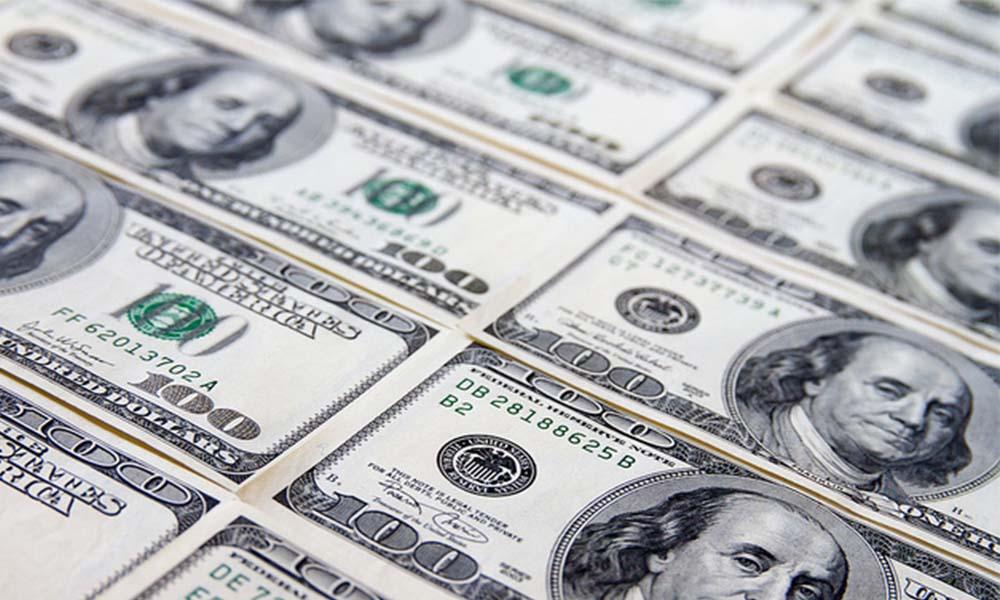-
Tips for becoming a good boxer - November 6, 2020
-
7 expert tips for making your hens night a memorable one - November 6, 2020
-
5 reasons to host your Christmas party on a cruise boat - November 6, 2020
-
What to do when you’re charged with a crime - November 6, 2020
-
Should you get one or multiple dogs? Here’s all you need to know - November 3, 2020
-
A Guide: How to Build Your Very Own Magic Mirror - February 14, 2019
-
Our Top Inspirational Baseball Stars - November 24, 2018
-
Five Tech Tools That Will Help You Turn Your Blog into a Business - November 24, 2018
-
How to Indulge on Vacation without Expanding Your Waist - November 9, 2018
-
5 Strategies for Businesses to Appeal to Today’s Increasingly Mobile-Crazed Customers - November 9, 2018
GOP moderates make Kansas primary about schools, budget woes
“Kansans are attributing more of their dissatisfaction with the state’s current fiscal problems to the governor, while still holding the legislature somewhat culpable”, Fort Hays pollsters wrote. The results were widely seen as a repudiation of a second-term governor whose popularity has plummeted amid sustained budget gaps and ensuing sharp cuts in state spending.
Advertisement
Gov. Sam Brownback had for years assured the public that the income-tax cuts he championed would stimulate the Kansas economy, supply plenty of money for schools and give other states a “pro-growth” policy model to follow.
The electoral blowback left even supporters of the governor acknowledging that he and his allies in the legislature had simply gone too far, too fast for the majority of voters in one of the nation’s most heavily Republican states.
Many of those defeated are conservative Republicans who have loyally supported the Brownback administration’s changes to tax policy and social services in Kansas.
“Tonight Washington won and Kansas lost”, Huelskamp said Tuesday night after kicking reporters out of his campaign’s election watch party when it appeared he wouldn’t win the contest.
Kansas has struggled to balance its budget since the GOP-dominated Legislature slashed personal income taxes in 2012 and 2013 at Brownback’s urging. Earlier this year, the governor was forced to withhold money for university and teach pensions and halt highway projects to address the persisting shortfall.
This year across the state, voters sent a message, in Morris’ opinion. He said Wednesday that concerns about the budget resonated with voters. There was, he said, a “general sense that the state has taken hits it didn’t have to take with all the Brownback policies”. Loomis said. “A whole bunch of things were starting to fray at the edges”.
That area is historically known for being affluent with good public schools.
Perhaps the biggest upset was in Reno County where Senate Majority Leader Terry Bruce of Nickerson was ousted from his seat by Edwin E. Berger.
“This was very evident in the defeat of Republican incumbent Senators, including the Senate Majority Leader, who have rubber-stamped his agenda over the past six years”, Hensley said. Moderates picked up two other Kansas Senate nominations in open primaries in which conservative senators decided not to run for reelection. As the primaries drew close, ideological labels were muddied: Republicans on either side tried to tie their opponents to President Obama and Hillary Clinton, and both Brownback allies and challengers described themselves as “conservatives”. “I think Sam’s going to have to acknowledge that and figure it out”.
“The natural disaster you’re feeling isn’t fracking, it’s Brownback’s house of cards falling”, said Democratic staffer Tim Graham. “I think that flies in the face of what was taking place with our government”. Moderates and Democrats regularly teamed up to block right-wing legislation until conservative challengers purged the Senate of most of its moderates in the 2012 Republican primaries.
Currently, Republicans hold 32 of the 40 seats in the Senate.
The House conservatives who lost Republican primaries were Rob Bruchman, of Leawood; Brett Hildabrand, of Shawnee; Jerry Lunn, of Overland Park; Charles Macheers, of Shawnee; and Craig McPherson, of Overland Park. Ousting conservatives would further their goal of building a governing coalition of moderate Republicans and Democrats on key education and budget issues.
Advertisement
Democrats will be looking to cut significantly into the GOP’s 32-8 majority in the chamber.





























